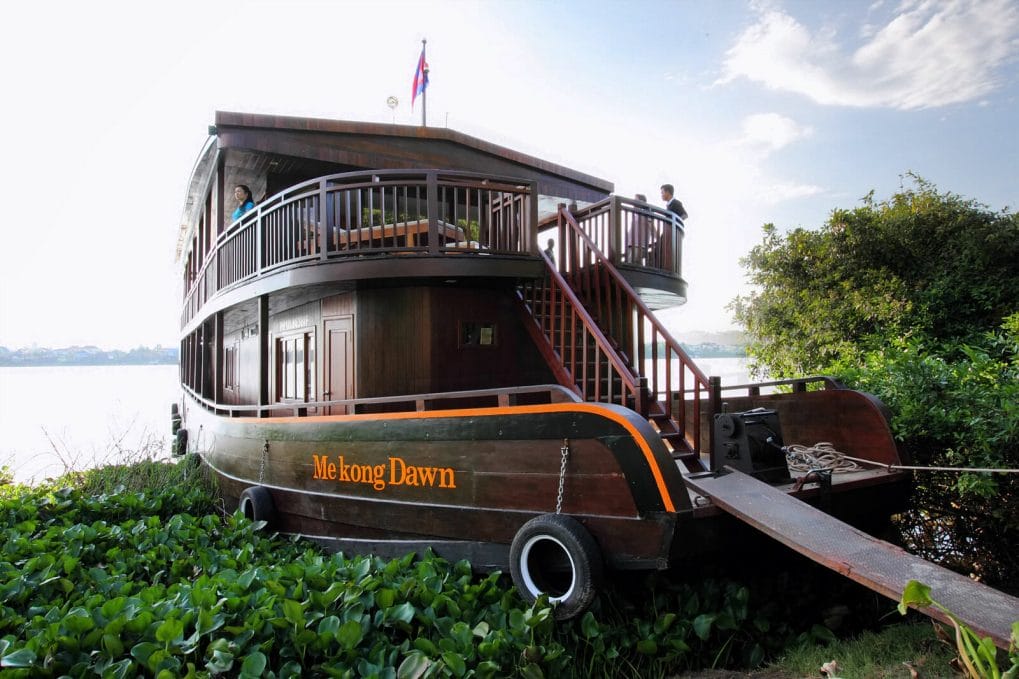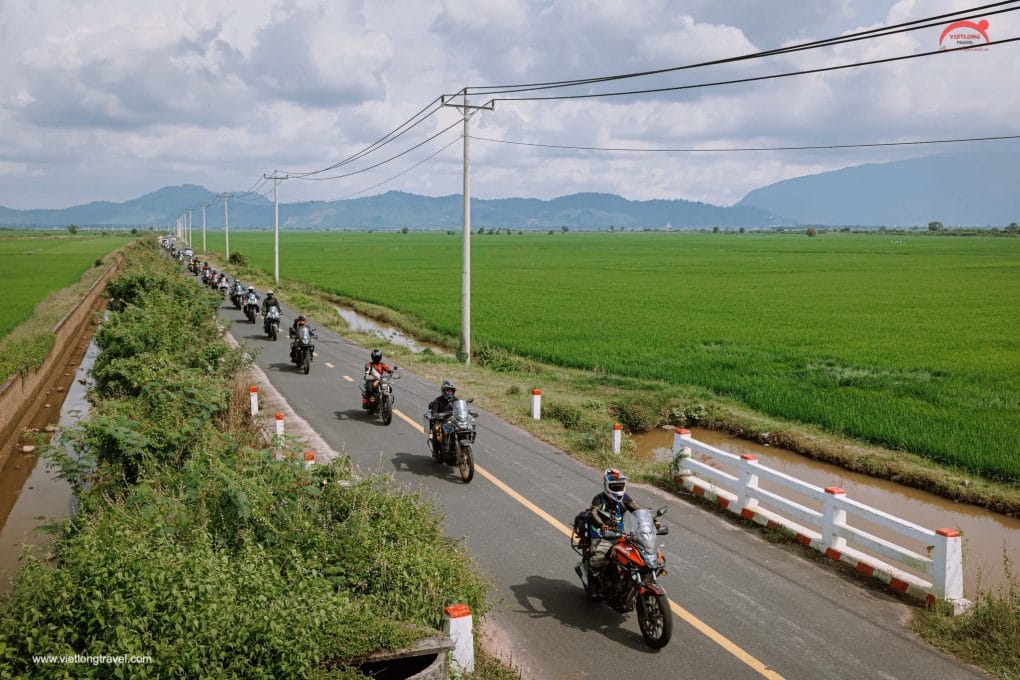Thailand Education System

The Thailand education system is an intricate structure that has evolved over centuries, influenced by cultural, political, and economic factors. This article delves into the various facets of the education system in Thailand, covering historical developments, current structures, challenges, and future prospects.
Historical Background
Education in Thailand has deep roots, dating back to the Sukhothai period (1238-1378). Early education was primarily conducted in temples, focusing on moral and intellectual development. The invention of the Thai alphabet by King Ramkhamhaeng in 1283 marked a significant milestone. The Ayutthaya period (1350-1767) saw the creation of the Chindamani, the first Thai textbook.
The modernization of the Thai education system began during the reign of King Rama IV (1851-1868) and continued under King Rama V (1868-1910). These reforms laid the foundation for contemporary educational practices, including the establishment of the first university, Chulalongkorn University, in 1917.
Structure of the Thai Education System
Primary Education
Primary education in Thailand is compulsory and spans six years, starting at the age of six. The curriculum includes core subjects such as Thai language, mathematics, science, social studies, and physical education. Literacy programs in Thailand are a significant focus at this level, aiming to ensure that all students attain basic reading and writing skills.
Secondary Education
Secondary education is divided into lower secondary (Matthayom 1-3) and upper secondary (Matthayom 4-6). Students can choose between academic and vocational tracks. The secondary curriculum in Thailand is designed to prepare students for higher education or the workforce, depending on their chosen path.
Higher Education
Higher education in Thailand is offered through universities, colleges, and vocational institutions. Thai universities are known for their diverse programs and international collaborations. Higher education opportunities in Thailand have expanded significantly, with increased focus on research and development.
Education Policy and Administration
The Ministry of Education oversees the administration of both public and private education in Thailand. Education policies are aimed at improving quality, accessibility, and equity. Recent policy changes in Thai education have focused on decentralizing administrative responsibilities and enhancing teacher training programs.
Curriculum and Teaching Methods
The Thai national curriculum is continuously updated to meet global standards. Teaching methods in Thailand emphasize student-centered learning, encouraging critical thinking and problem-solving skills. Curriculum development in Thailand incorporates both traditional and modern educational practices.
Challenges in the Thai Education System
Despite significant progress, the Thai education system faces several challenges:
- Educational challenges in Thailand include disparities in resources between urban and rural schools.
- Problems in Thailand’s education system often stem from inadequate funding and outdated infrastructure.
- The quality of education in rural areas remains a concern, with many students lacking access to qualified teachers and modern facilities.
The Role of Technology in Education
Technology integration in Thai education has seen a steady increase. Digital education in Thailand includes the use of e-learning platforms, interactive whiteboards, and educational software. Tech integration in Thai education aims to enhance learning experiences and provide students with 21st-century skills.
Private vs. Public Education
Private schooling in Thailand offers an alternative to public education, often characterized by smaller class sizes, modern facilities, and a broader range of extracurricular activities. Public education system in Thailand is accessible to all, providing free basic education as mandated by the constitution.
Vocational and Technical Education
Vocational education in Thailand is designed to equip students with practical skills for the workforce. Skill-based education in Thailand is provided through specialized institutions and includes programs in fields such as engineering, healthcare, and information technology.
Future Prospects and Reforms
The future of the Thai education system looks promising, with ongoing reforms aimed at addressing current challenges and improving educational outcomes. Future prospects of Thai education include increased investment in teacher training, curriculum enhancements, and the expansion of educational technology.
FAQs – Thailand Education System
Q1: What is the structure of the Thailand education system?
A1: The Thailand education system consists of primary education (6 years), secondary education (6 years, divided into lower and upper levels), and higher education (universities and vocational institutions).
Q2: What are the main challenges faced by the Thai education system?
A2: Major challenges include disparities in resources between urban and rural schools, inadequate funding, and outdated infrastructure.
Q3: How is technology integrated into Thai education?
A3: Technology in Thai education includes e-learning platforms, interactive whiteboards, and educational software aimed at enhancing learning experiences.
Q4: What is the role of private education in Thailand?
A4: Private education in Thailand offers an alternative to public schooling, often characterized by smaller class sizes, modern facilities, and a wider range of extracurricular activities.
Q5: How does vocational education in Thailand work?
A5: Vocational education provides practical skills for the workforce, with specialized programs in fields such as engineering, healthcare, and IT.
The Thailand education system has undergone significant transformations over the years, striving to balance traditional values with modern educational practices. While challenges remain, ongoing reforms and increased investment in education promise a brighter future for Thai students.













